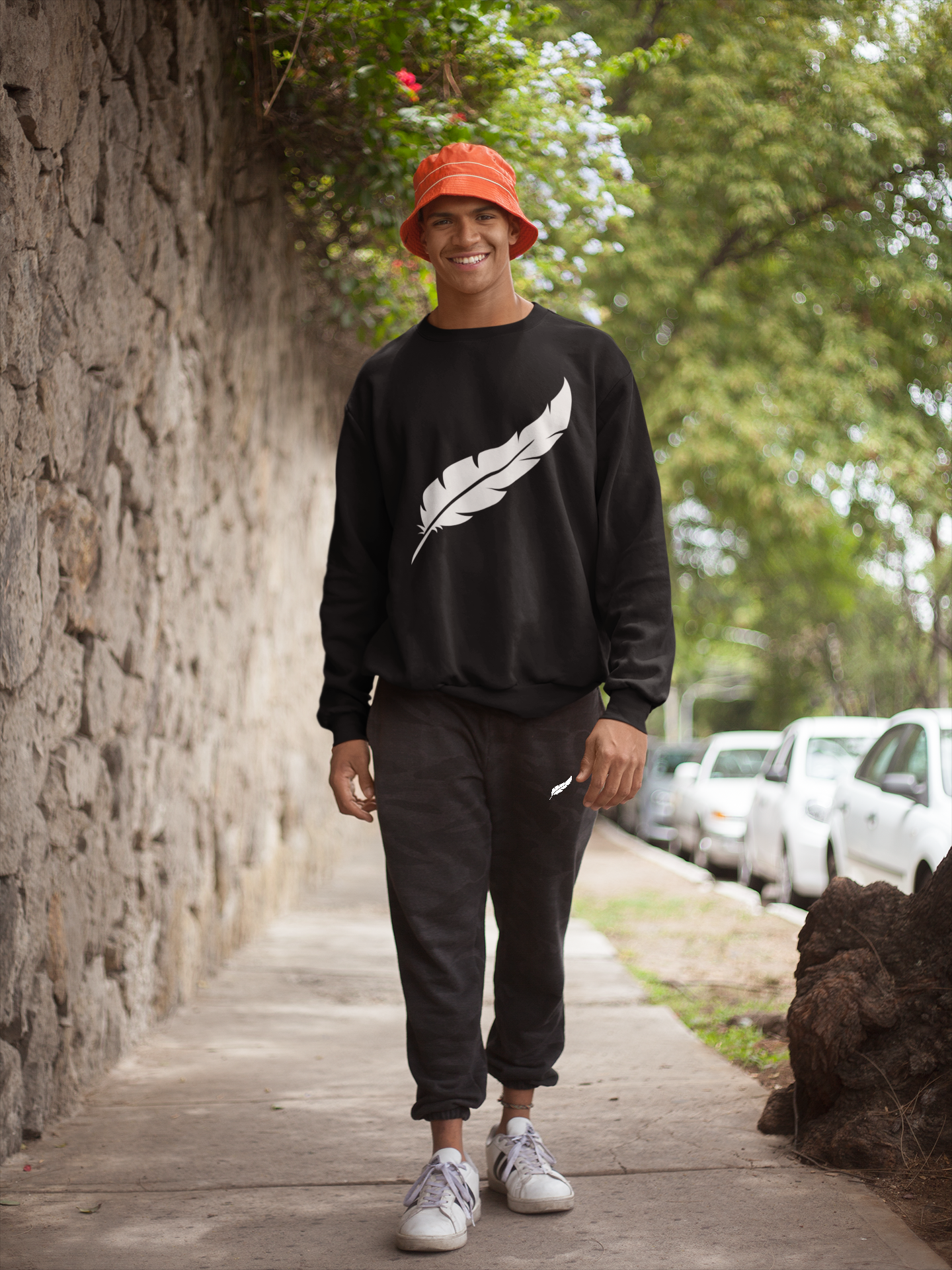
Introduction
Streetwear is more than just a fashion trend; it's a cultural movement that has been shaping the way we dress for decades. One of the most significant influences on streetwear has undoubtedly been hip hop. The marriage between hip hop and streetwear has not only given birth to iconic styles but has also become a symbol of self-expression, rebellion, and authenticity. In this blog post, we'll explore the deep-rooted relationship between hip hop and streetwear and how it has influenced the fashion landscape.
The Birth of Streetwear and Hip Hop
To understand the connection between streetwear and hip hop, we need to go back to the origins of both movements. Streetwear, as we know it today, emerged in the late 1970s and early 1980s, primarily on the streets of New York City and Los Angeles. It was a response to the growing subculture of skaters, surfers, and punks, characterized by casual, comfortable, and edgy clothing.
Around the same time, hip hop was taking shape in the Bronx, New York. This genre of music quickly became a powerful voice for marginalized communities, with its lyrics reflecting the realities of urban life. Hip hop artists often rapped about their struggles, aspirations, and the fashion they embraced to express themselves authentically.
Fashion as a Form of Expression
One of the defining features of both hip hop and streetwear is their emphasis on self-expression. In hip hop, artists often use their lyrics and style to tell their unique stories and connect with their audience. Streetwear enthusiasts, on the other hand, use clothing as a canvas to express their individuality and creativity.
The connection between the two worlds was inevitable. Hip hop artists became style icons, influencing the way their fans dressed. Baggy jeans, oversized hoodies, baseball caps, and sneakers became staples of both hip hop culture and streetwear fashion. Brands like Adidas, Nike, and Puma became synonymous with the hip hop movement, and their logos adorned the clothing of choice for many.
The Rise of Streetwear Brands
As hip hop gained mainstream popularity in the 1980s and 1990s, so did the streetwear fashion associated with it. This period saw the emergence of iconic streetwear brands like FUBU, Supreme, and Stüssy. These brands understood the cultural significance of hip hop and embraced it as part of their identity.
FUBU, which stands for "For Us, By Us," was founded by Damon Dash and Daymond John, targeting the African American community. Supreme, with its bold red box logo, became a global streetwear phenomenon. Stüssy, originating in the California surf scene, evolved into a streetwear pioneer with its skate-inspired designs.
Streetwear Today: A Global Phenomenon
Today, streetwear has transcended its origins to become a global phenomenon. Its influence is not limited to hip hop but extends to other subcultures, such as skateboarding, graffiti, and even high fashion. Luxury brands like Louis Vuitton and Gucci have collaborated with streetwear labels, blurring the lines between high-end and street fashion.
In conclusion, the relationship between hip hop and streetwear is a powerful testament to the impact of music and culture on fashion. Streetwear has evolved from a niche subculture to a global movement, and hip hop has played a crucial role in shaping its identity. Together, they continue to inspire and empower individuals to express themselves through clothing, making a lasting mark on the world of fashion and culture.
